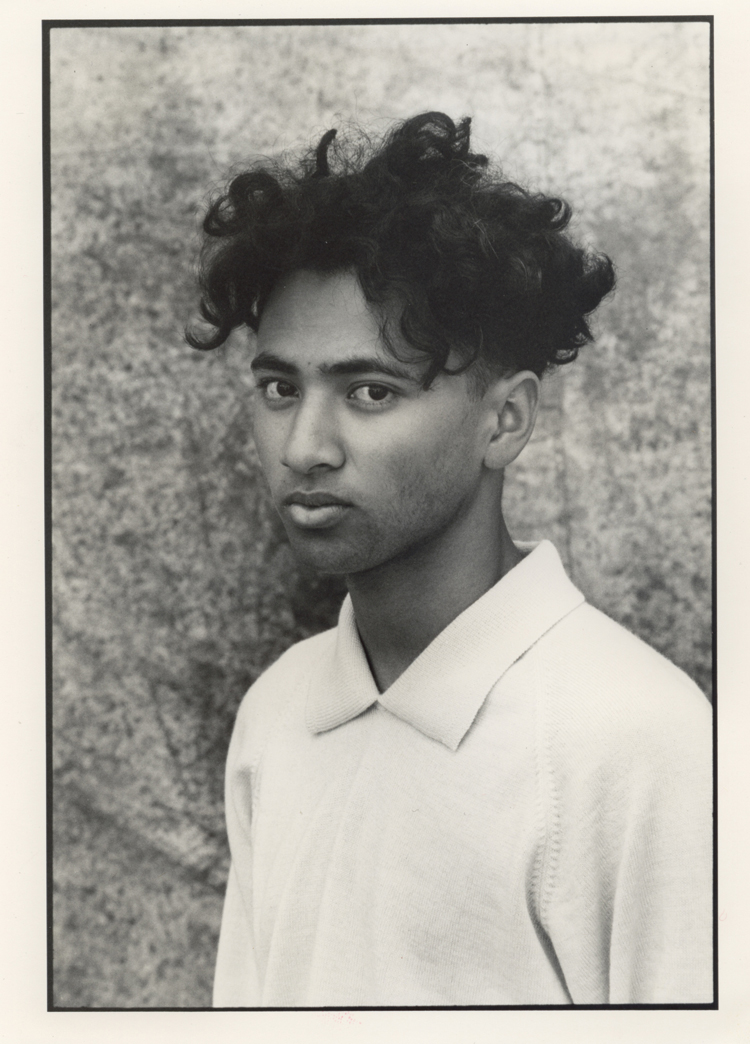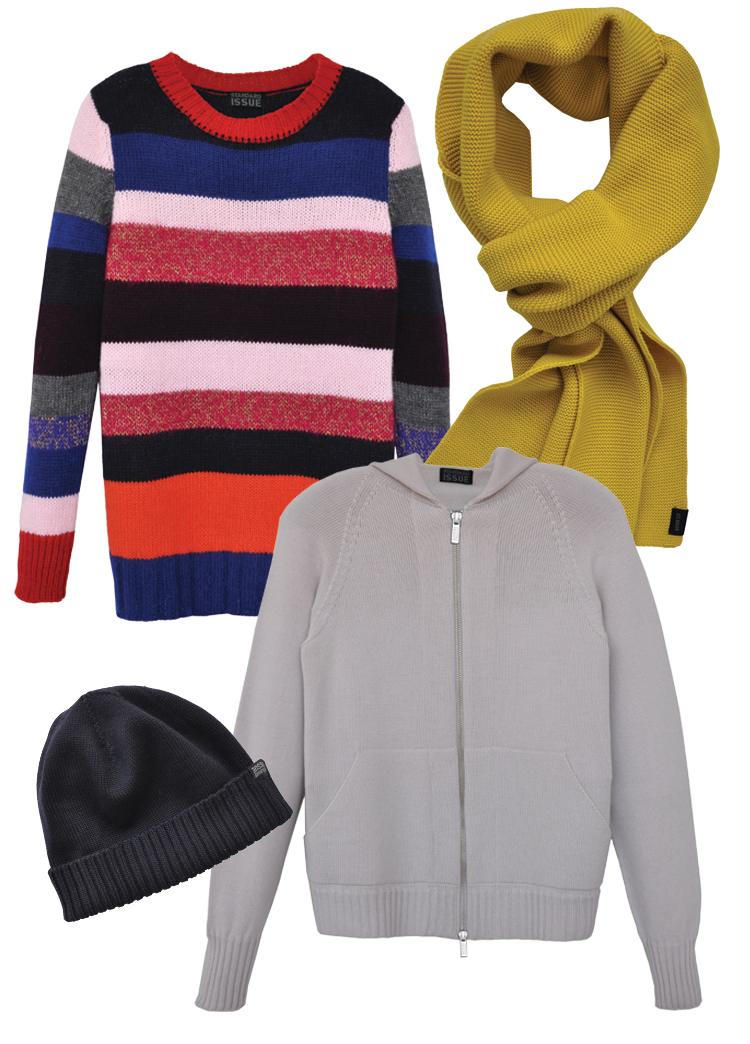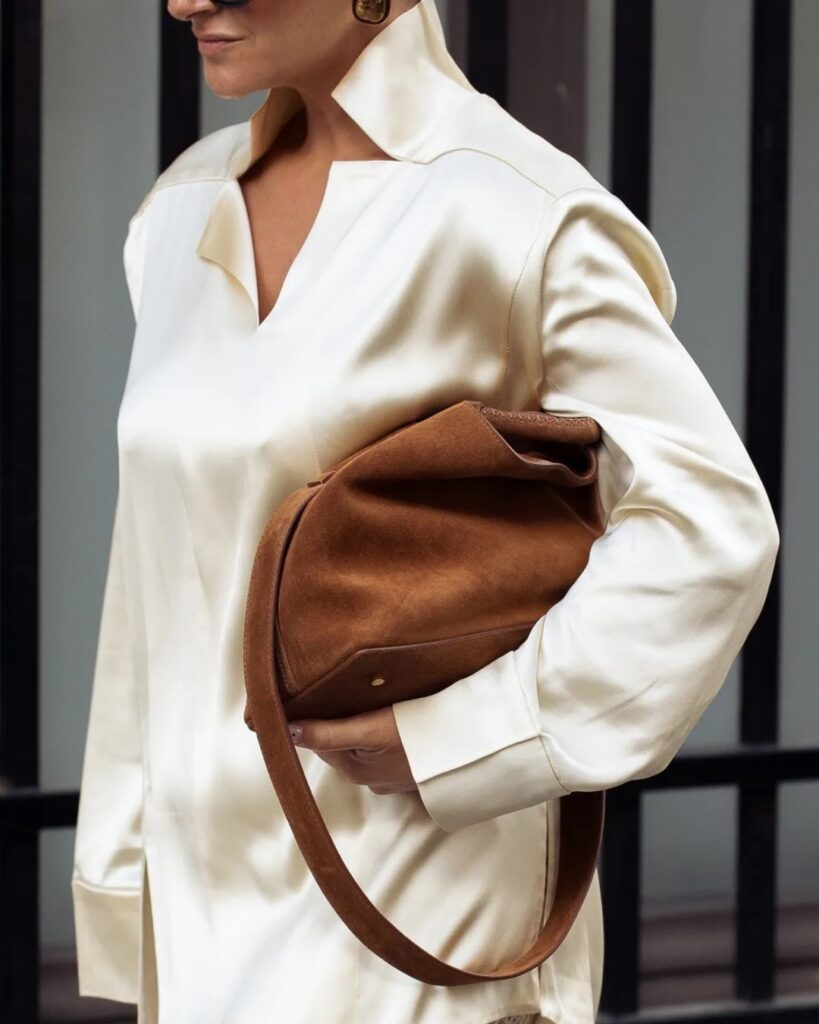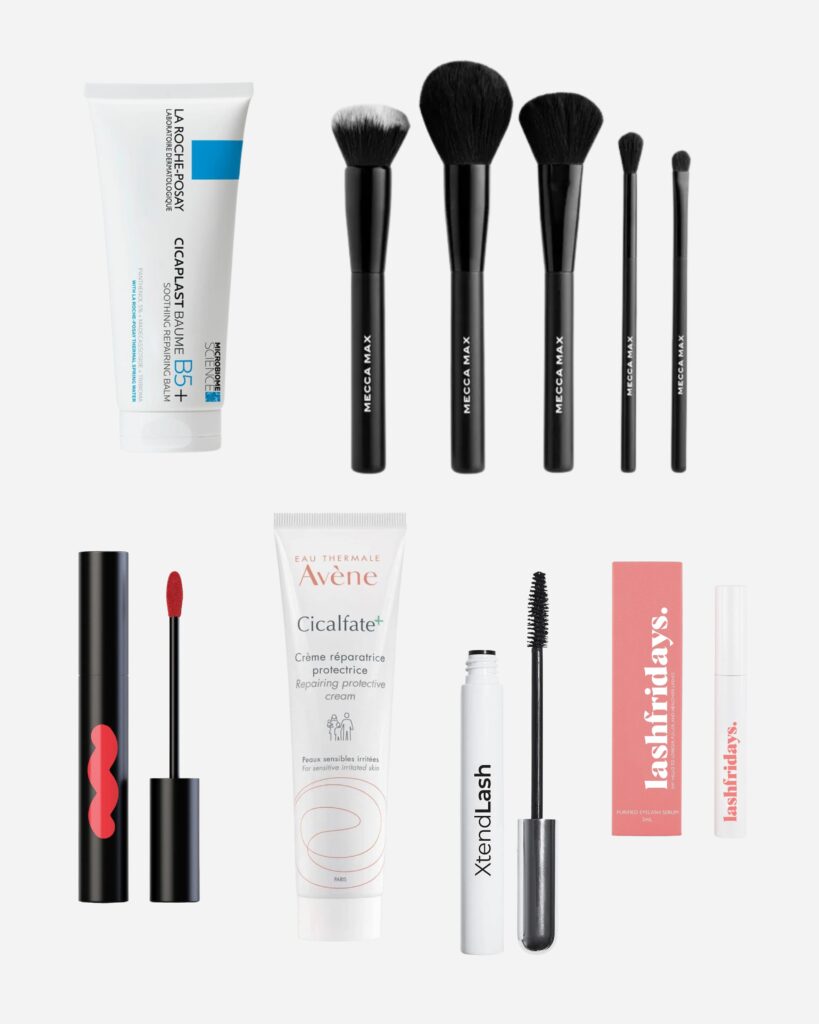
As heritage knitwear brand Standard Issue celebrates 30 years in business, Lucy Slight talks to CEO Phil Bramley about exciting developments in the industry
Wool has been part of the lifeblood of New Zealand for generations. And for Standard Issue CEO Phil Bramley, it’s a passion that has spanned his career. Since relaunching the company with its founder Nigel Richards in 2004, Phil has continued the legacy of creating beautiful knitwear from the world’s finest fibres, while keeping production here in New Zealand.
Phil, who started his own knitwear manufacturing company Private Collection in 1982, has witnessed huge changes and challenges in the industry in those 34 years. “There are no wool spinners left in New Zealand, which is a shame,” he says. “We always bought New Zealand wool and produced from New Zealand suppliers right up until the last one closed down in the late 90s.”
The company also used to work with specialised hand-knitters who made quality garments from their own homes.

Despite changes in the industry that have seen a shift away from traditional production methods, Phil says new technology and design directions are creating exciting developments for the company. There’s also a shift among consumers who are increasingly becoming conscious of buying local, sustainably produced garments and this is proving hugely positive for Standard Issue.
New Zealand’s legacy of producing quality wool garments is a big drawcard for customers, says Phil. “We can’t compete on price [with importers] but we’ve got something on offer that they haven’t, which is locally made, small runs, and a quick turn-around.
It has turned a corner, it’s coming back and more and more people want less throw-away merchandise and will buy quality. The tide is turning,” he says.

Standard Issue’s use of Japanese whole-garment technology is key to the company’s commitment to sustainability. The machinery also provides the ability to stay price-competitive, while still manufacturing in New Zealand. Whole-garment technology means garments are created on a machine in one entire piece, with specialists in the workroom fixing loose threads and applying finishing touches by hand.
The machines use less power, less yarn and with garments being produced in one step, there’s virtually no waste. Their softness and resilience, too, are unmatched.

New Zealand may be known the world over for an abundance of sheep and quality wool, but a competitive international marketplace means yarn spinning is no longer a viable option here.
While Standard Issue produces garments with New Zealand merino, it’s not always available, which is why a selection of pieces are made with 100 percent Italian cashmere and alpaca wool blend yarns. Japanese-processed Egyptian cotton and speciality Italian linen yarns are used predominantly for summer collections.
With the experienced eye of one the country’s foremost knitwear specialists, quality is never compromised, says design assistant Zosia Mnich. “Phil is the most quality-controlled person I’ve met, which is great because that’s our number-one thing, And that’s why people come back to us. I don’t think I’ve ever had a complaint.” Quality products go the distance, she says.

Celebrating 30 years is no mean feat in the challenging world of knitwear, and to mark the occasion Standard Issue is re-releasing and reinventing some of its most beloved styles from the 80s and 90s with the AW16 collection.
The Guernsey with garter stitch detailing, the multi-coloured striped sweater (guaranteed to transport you back to nana’s knitting), and the reintroduction of the Vintage Hoodie, will appeal to loyal followers and discerning knitwear lovers alike.
“The thing about these garments as opposed to what Standard Issue used to be is that they are all knitted in whole-garment form – they’re seamless pieces of knitwear,” says Phil.

With Teresa Liano, the founder of Australian label TL Wood, on board as designer, Phil says that Standard Issue is entering a whole new chapter. The summer collection will be Teresa’s first, and she’ll be staying true to the legacy and core values of the brand. Capitalising on the company’s heritage and securing its future, Phil says: “We don’t want to lose what Standard Issue has always been.”
@standardissuenz
standardissue.co.nz










